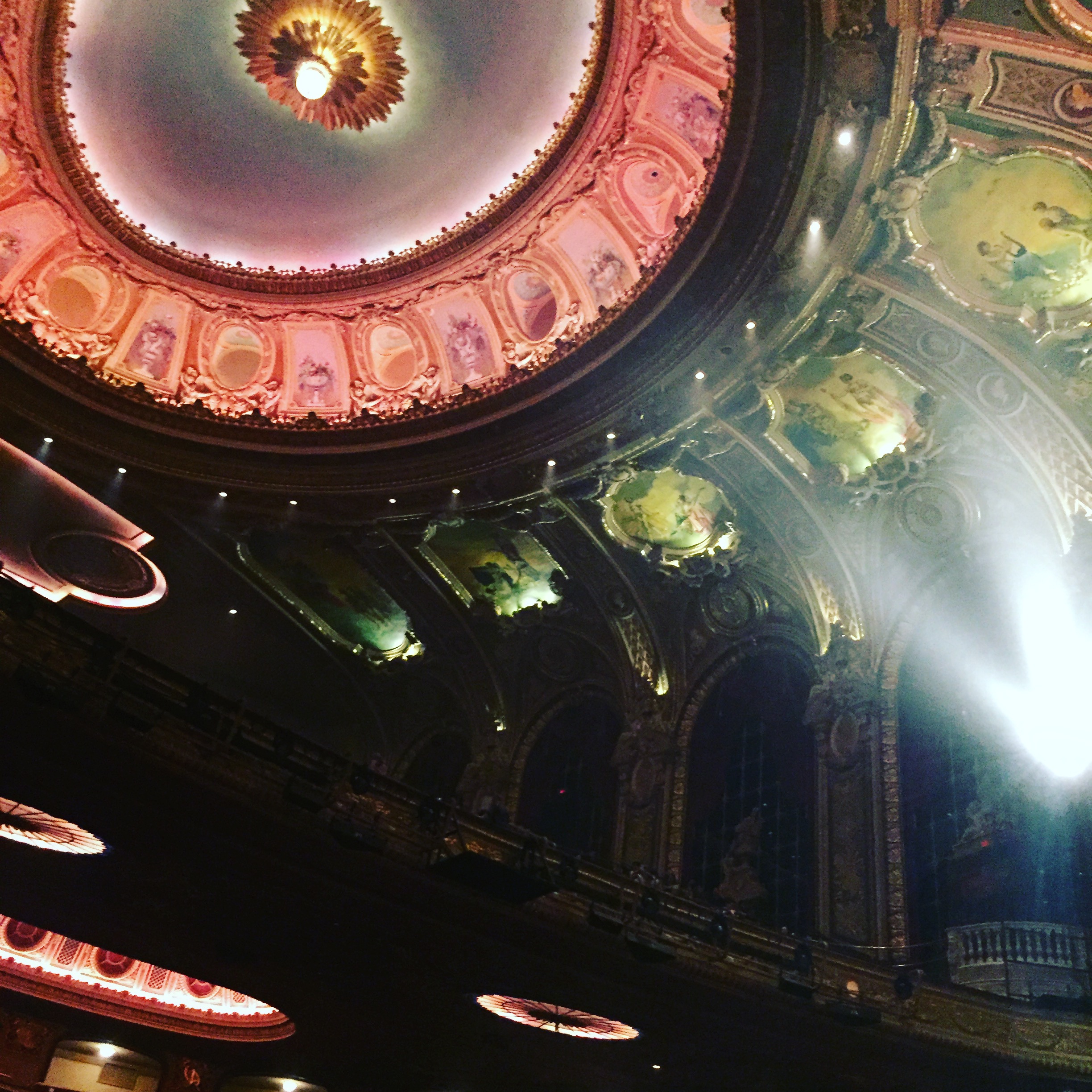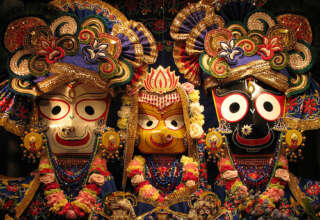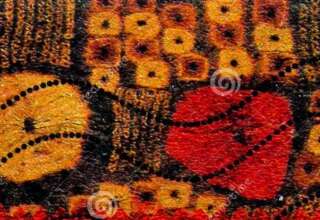
I would suggest that these closing words offered by Somé can contribute to the foundation of a Theory A model of leadership. Perhaps at the heart of Theory A is a fundamental assumption that people like to celebrate and participate in rituals. Many years ago, Johan Huizinga (1968) proposed that human beings like to play—and he coined the term homo ludens to capture this inclination. We might make up our own term—homo celebratus—to identify a complementary inclination to act upon one’s thought and feelings via ceremony and ritual. We can add this term to the Theory A lexicon.
Communitarian Leadership
Most Sub-Sahara African societies and organizations embrace what might best be called a “communitarian” spirit (Gyekye, 1997). Communitarianism represents a balance between individual rights and collective responsibility (Lodge,1995). The property and respect of each member of the community is protected and respected (individual rights). However, each member of the community is also expected to contribute to the overall welfare of the community even if this means the sacrifice of personal wealth or privilege (collective responsibility).
As Somé (1999, p. 100) observes in reflecting on the character of all indigenous communities (not just those in Africa):
In an indigenous community, each person is precious. No one is born on this earth without a reason, a special purpose. Failure or inability to perform one’s function in the village places a person in a constant state of crisis. So crises from either of these two sources–the embodiment of a new spirit wanting to emerge, and the impossibility of doing what one came into the village to do—must be addressed by the community.
Identity in a communitarian society is vested in two places. The identity and worth of individual is set initially within a group context. Members of a communitarian society are dropped into an existing group and community when they are born. They take on the identity of the community and the collective identity of the heritage and all the ancestors of this community. Newborns initially hold no life or identity independent of group. However, as members of the community mature and assume increasing responsibility for the overall welfare of the community, they assume distinctive roles, forge distinctive and complementary identities, and create their own unique life path.










Charly Wiliamse
August 16, 2021 at 10:23 pm
I have thought so many times of entering the blogging world as I love reading them. I think I finally have the courage to give it a try. Thank you so much for all of the ideas!
power bi course
December 7, 2021 at 7:29 am
Thanks for sharing information.